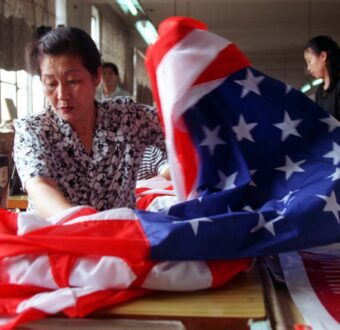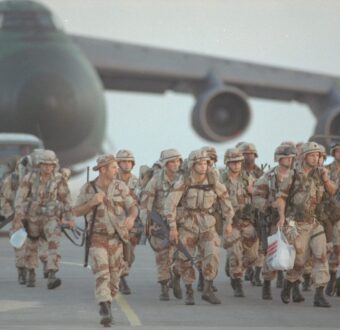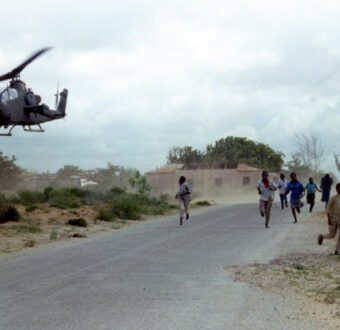’90s Rewind | America’s China Gamble
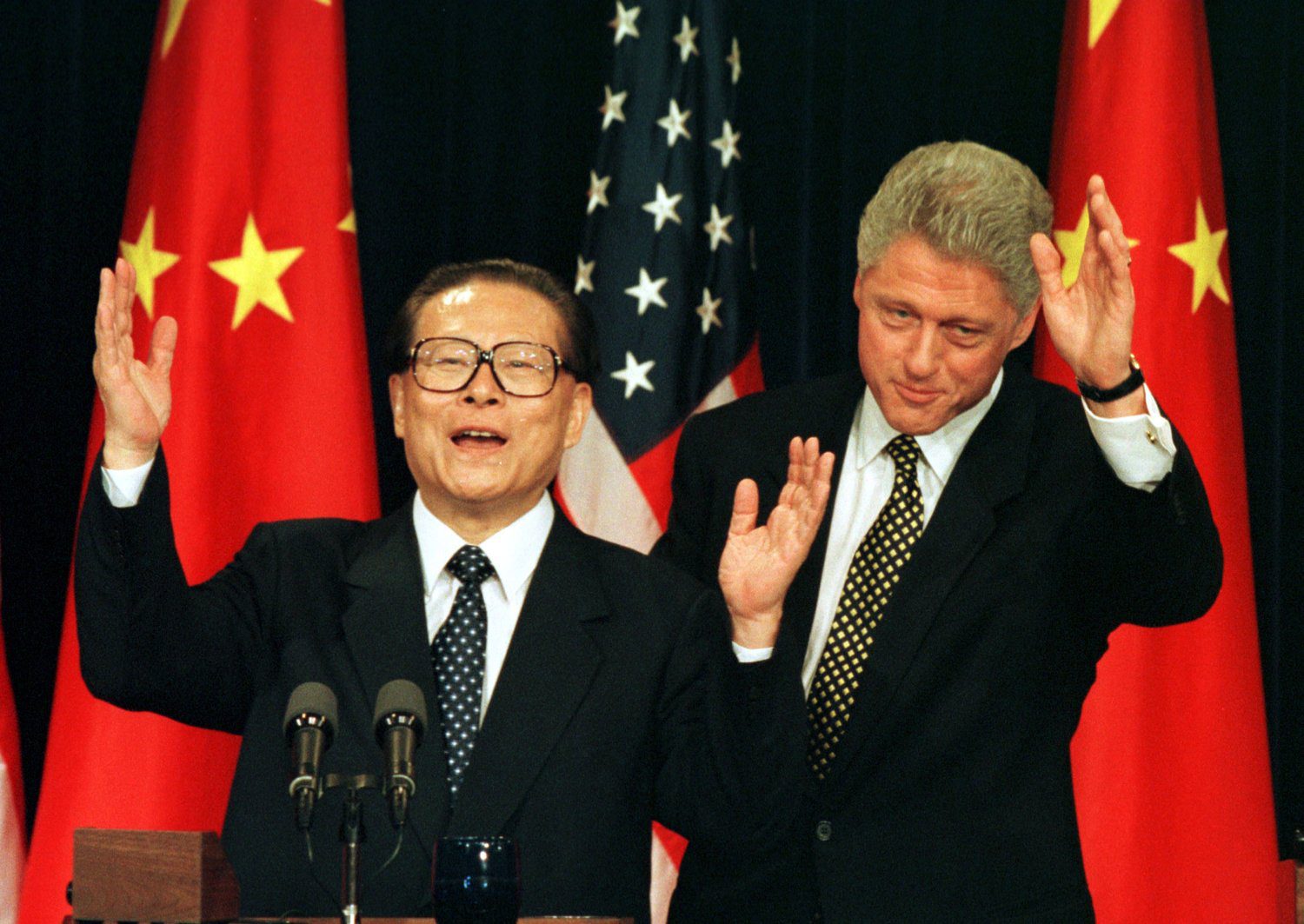
Expanding economic ties and political tension set the stage for 21st century rivalry
China’s violent Tiananmen Square crackdown in 1989 marked a turning point in US-China relations. After two decades of slowly but steadily nurturing friendly relations, the United States would choose to develop economic ties without insisting on democratic reforms. The prevailing hope was that China’s economic growth would inevitably lead to political change. That hope, however, was never fully realized. Today, China is America’s largest trading partner and yet its biggest geopolitical rival.
In this episode of None Of The Above’s ‘90s Rewind miniseries, the Institute for Global Affairs’ Mark Hannah explores the origins of 21st century US-China rivalry. He is joined by modern China historian Jeffrey Wasserstrom of the University of California, Irvine. NPR’s Deborah Amos and Ambassador Thomas Pickering return to provide insights and commentary.
Listen Here: Apple Podcasts | Google Play | Libsyn | Radio Public | Soundcloud | Spotify | Stitcher | TuneIn | RSS
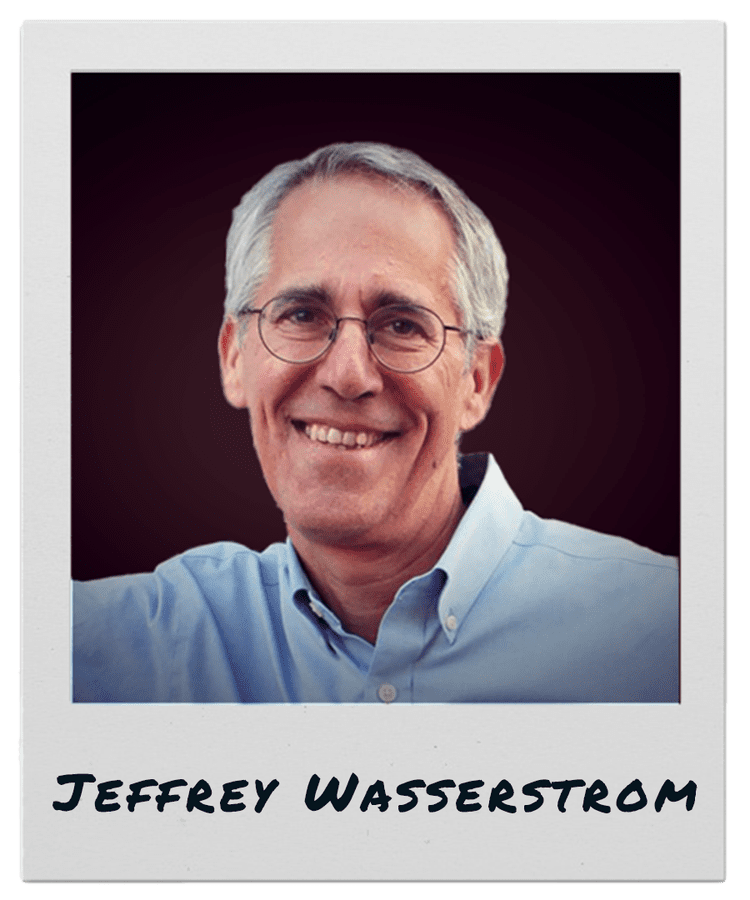
Jeffrey Wasserstrom is Chancellor’s Professor of History at UC Irvine. His area of focus includes modern Chinese cultural history and student protest movements. He has written or contributed to more than ten books. His most recent books are Vigil: Hong Kong on the Brink and China in the 21st Century: What Everyone Needs to Know. His new book The Milk Tea Alliance: Inside Asia’s Struggle Against Autocracy and Beijing is due in June 2025.
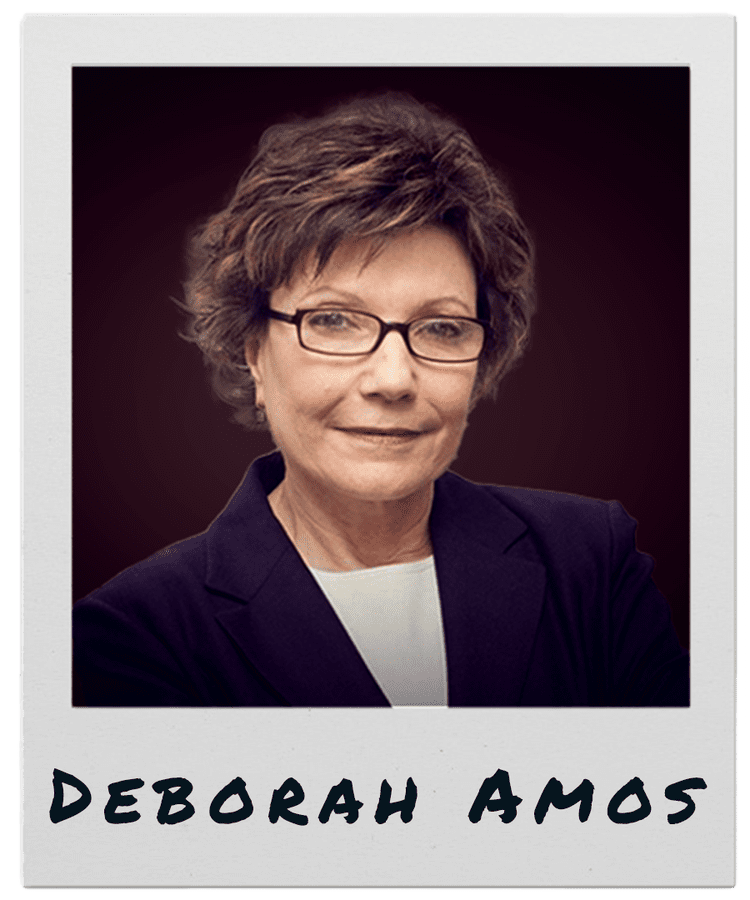
Deborah Amos is a Ferris Professor of Journalism in Residence at Princeton University. Over the course of her award-winning career, she served as an international correspondent for NPR, ABC, and PBS. Her reporting has largely focused on the Middle East and refugees. She was awarded the Edward R. Murrow Lifetime Achievement Award in 2010.
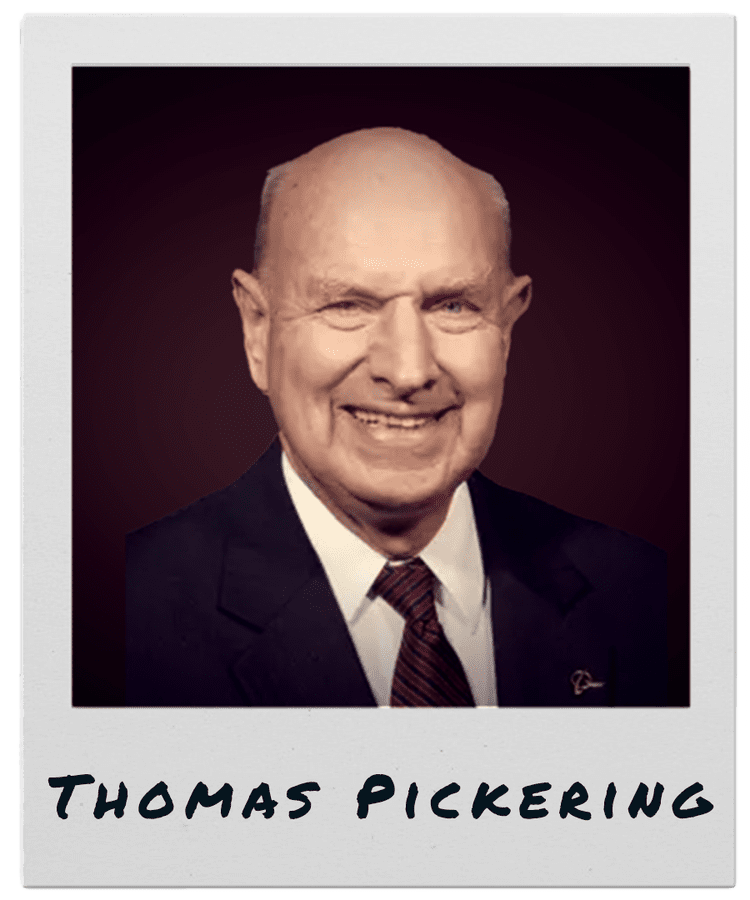
Thomas Pickering is a retired diplomat who served as US ambassador to the United Nations, India, and Russia throughout the 1990s. He also served as Undersecretary of State for Political Affairs under President Clinton from 1997 to 2000. He achieved the rank of Career Ambassador, the highest in American diplomacy.
This post is part of None Of The Above, a podcast of IGA hosted by senior fellow Mark Hannah.
